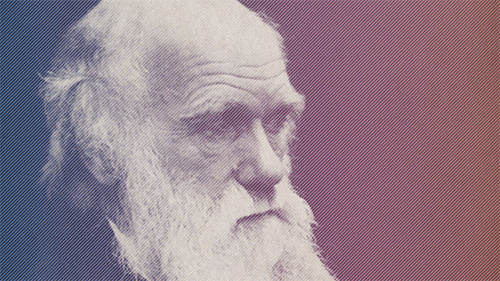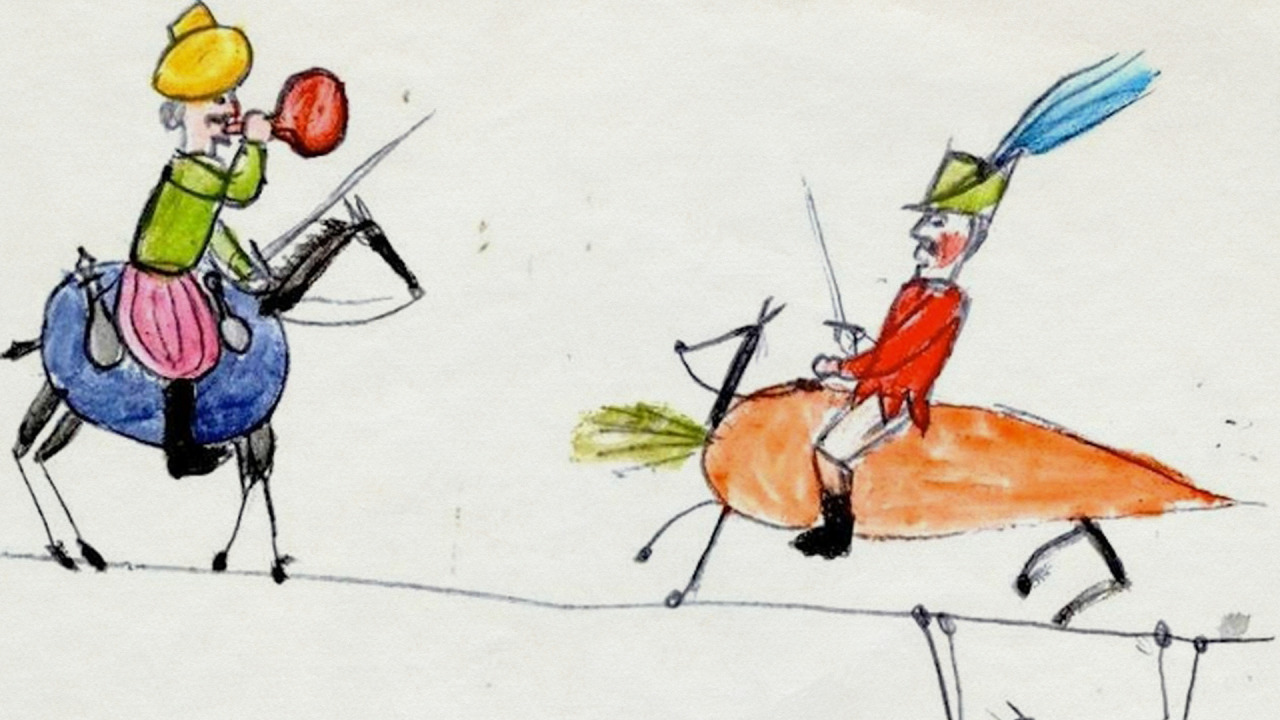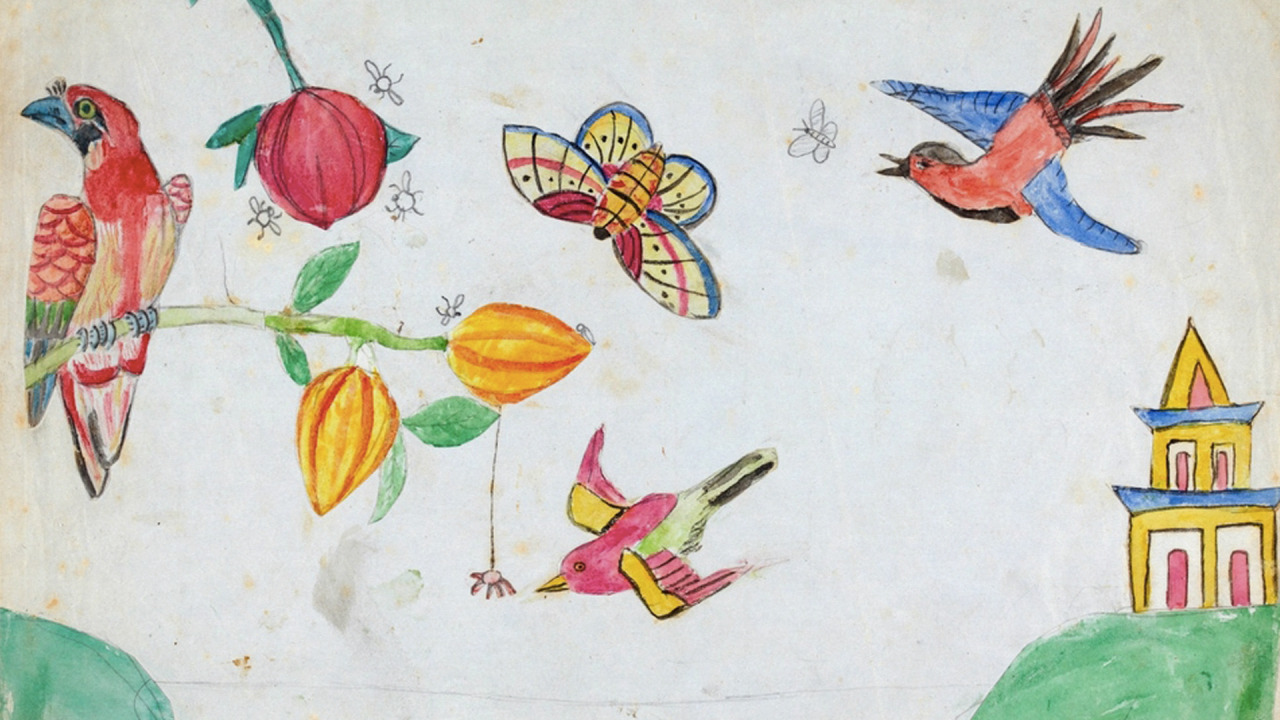
There are drawings in Charles Darwin’s manuscripts that defy explanation — until we remember that Darwin and his wife Emma had a huge family of ten (rambunctious) children. Scholars believe that a young Francis Darwin —the naturalist’s son— drew this on the back of Darwin’s manuscript for On the Origin of Species.
UC Berkeley psychologist Dacher Keltner has noted that Darwin’s family life may have inspired some of his scientific writing. When his daughter Annie died at age 10, Darwin started to have deep insights about the place of suffering and compassion in human experience.

That led him to argue, in The Descent of Man, that sympathy is our strongest instinct, sometimes stronger than self-interest, and he argued that it would spread through natural selection, for “the most sympathetic members, would flourish best, and rear the greatest number of offspring.”
This point was totally forgotten by evolutionary science for quite some time. Well, given all the awful things humans do to each other, how could you make the case that sympathy is our strongest instinct?
The answer lies in the dependence and vulnerability of our children. Little baby chimpanzees eat by themselves; human babies can’t. Baby chimpanzees sit up on their own; you sit up a human baby, and they go, “Watch out, man, my head’s really big!” Boom!

Their heads are so big because their brains are so big. To fit their big heads through the human birth canal—which narrowed as we started to walk upright on the African savanna—our babies were born profoundly premature and dependent upon people to take care of them.
In fact, our babies are the most vulnerable offspring on the face of the Earth. And that simple fact changed everything. It rearranged our social structures, building cooperative networks of caretaking, and it rearranged our nervous systems. We became the super caregiving species, to the point where acts of care improve our physical health and lengthen our lives. We are born to be good to each other.
Watch how the vulnerability of our children transformed human relationships and made compassion essential to our survival:
